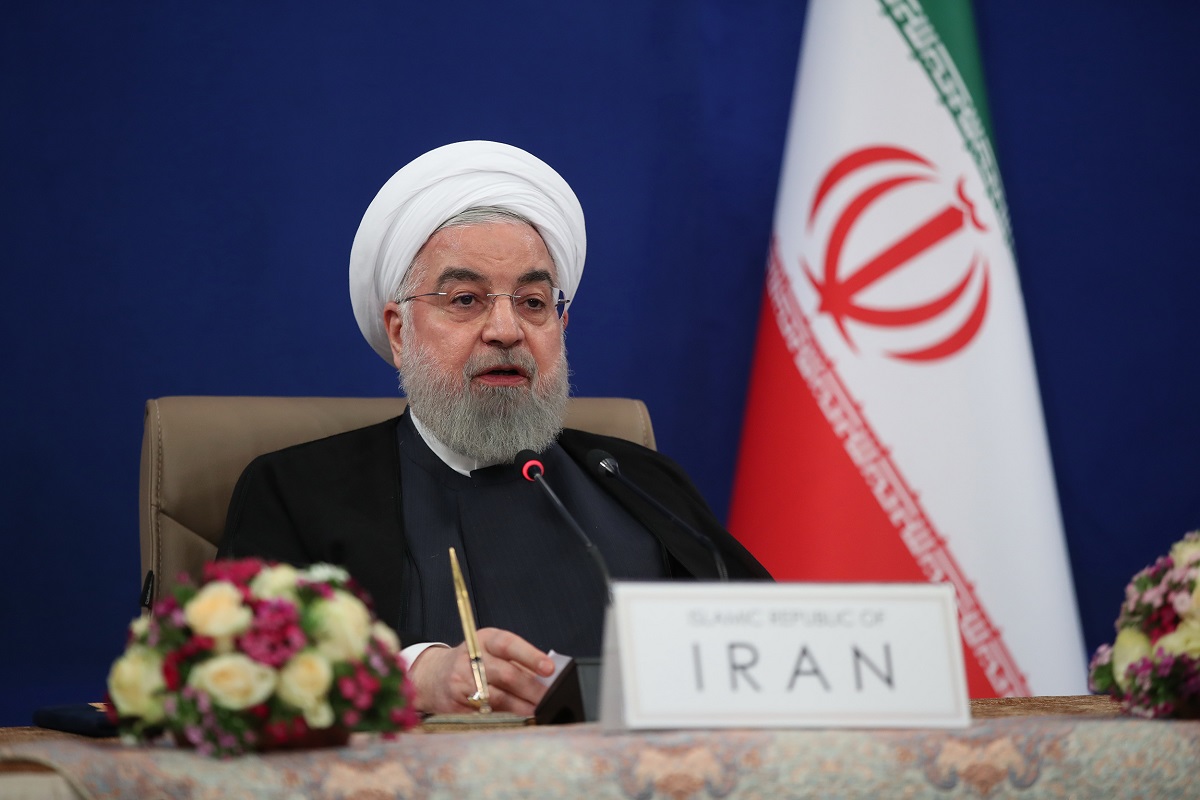By any reckoning, it has been a major moral victory for Iran in the midst of the dispute with the world powers over its nuclear programme. Thursday’s ruling by the International Court of Justice to the effect that it can hear Iran’s case against the US has been greeted by the Bench itself as a “big victory” for the Islamic Republic.
It has been a legal triumph against the United States, one that has prompted President Rouhani to congratulate the nation for the “big victory” the government achieved at The Hague. Mr Rouhani has underlined the fact this is one of several victories that Tehran has achieved against America at the tribunal.
The ICJ was suitably emphatic when it ruled that it can hear a case brought by Iran against the United States. Most particularly, the case seeks to end sanctions that the Trump administration had remposed in 2018 after pulling out of an international agreement aimed at curtailing Tehran’s nuclear programme. In equal measure, the ICJ’s ruling is tantamount to a moral setback for the United States.
It bears recall that Washington had argued last year that the case ought to be “thrown out by the court for lack of jurisdiction and admissibility”. Of course, the US has had an uneasy relationship with the ICJ and it does not subject itself to the court’s compulsory jurisdiction.
Iran had filed the case in July 2018, a few months after the then President, Donald Trump, had said that he was pulling the US out the 2015 international agreement and would reimpose the normally crippling sanctions on Iran. The White House had also threatened other countries with sanctions if they did not cut off Iranian oil imports.
To buttress its case, Iran has alleged that the sanctions run counter to the 1955 bilateral agreement, called the Treaty of Amity. It regulates and promotes economic and consular ties between Iran and the United States and it is Iran’s case that treaty terms confer jurisdiction on the ICJ.
It is significant that the ICJ’s ruling coincides with President Biden’s attempt to enhance diplomatic ties with Iran. In a preliminary ruling in October 2018, the ICJ had ruled that Washington should remove, by any means of its choosing, any impediments arising out of the reimposition of sanctions to the export to Iran of medicines and medical devices, food and agricultural commodities, spare parts and equipment necessary to ensure the safety of civil aviation.
The US sanctions do have what they call specific “carve-outs” for medicine and humanitarian aid to Iran. However, international banks and financial institutions hesitate in effecting transactions with Iran for fear of being fined or barred from the American market. There may be hope yet from The Hague.
Wednesday’s ruling suggests that the International Court of Justice sees merit in Iran’s case. The fact that President Biden seeks to “enhance diplomacy towards Iran” is another favourable factor towards ending the impasse.











